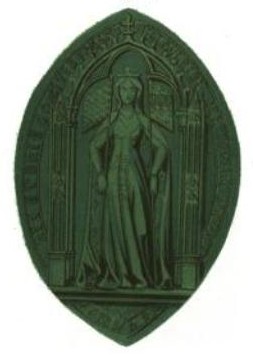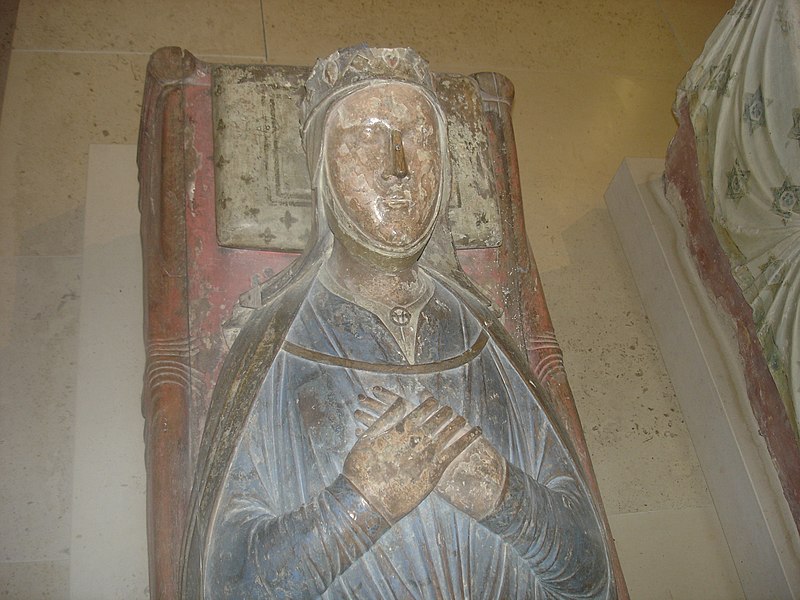Baroness of Books
Heir Apparent
- Joined
- Jul 23, 2011
- Messages
- 5,806
- City
- Bookstacks
- Country
- United States
Update for the Richard III buffs out there. I just finished reading "The Last Days of Richard III" by a historian, John Ashdown-Hill, which is a somewhat scholarly and didactic book about Richard III's activities in the last several months before his death. I didn't know he was negotiating another marriage after the death of his queen, Anne Neville, but it would make sense since he needed an heir to the throne as his son, Edward of Middleham, had died as well. Most likely, the book claims, his bride would have been the Infanta Joana of Portugal who was also a Lancastrian since John of Gaunt was her great-grandfather through his daughter Philippa who married into the royal house of Portugal. Imagine what the course of English history would have been if Richard lived, re-married and had heirs. And for the descendants of the house of Neville and York on this thread, there's some interesting material on DNA taken from Anne of York, Cecily Neville's daughter, and information about the female-line descendants of Richard and Edward IV into this century. And some of these people live in Canada. Some of the bits in this book are dry reading but altogether it's fascinating stuff.
Also, I'm almost done with Sharon Kay Penman's novel, "Lionheart," and as expected, it lives up to her detailed and meticulous writing. And any novel that features Eleanor of Aquitaine is a bonus for me! The author says in her notes that because of the wealth of the material about Richard I, she's writing a sequel called "The King's Ransom" which is pretty self-explanatory. The sequel will pick up after the Crusade when Richard is on his way home, and all Lionheart aficionados will know what happens to him on his travels. I can't wait for this one!
Also, I'm almost done with Sharon Kay Penman's novel, "Lionheart," and as expected, it lives up to her detailed and meticulous writing. And any novel that features Eleanor of Aquitaine is a bonus for me! The author says in her notes that because of the wealth of the material about Richard I, she's writing a sequel called "The King's Ransom" which is pretty self-explanatory. The sequel will pick up after the Crusade when Richard is on his way home, and all Lionheart aficionados will know what happens to him on his travels. I can't wait for this one!
Last edited:



 I will need to check out the website and look into reading some of these books. It has been quite awhile since I delved into any biographies of the Plantagenet Kings.
I will need to check out the website and look into reading some of these books. It has been quite awhile since I delved into any biographies of the Plantagenet Kings. You're welcome, but just keep in mind that Ms. Penman writes historical fiction - although researched with a fine toothcomb. Her resources, however, seem very scholarly so those are probably the titles you'd want to check out.
You're welcome, but just keep in mind that Ms. Penman writes historical fiction - although researched with a fine toothcomb. Her resources, however, seem very scholarly so those are probably the titles you'd want to check out. 
